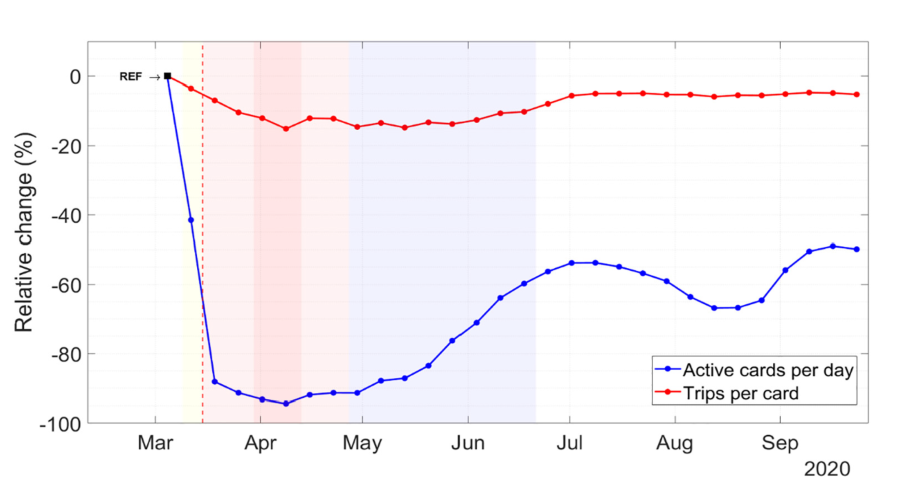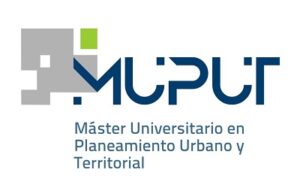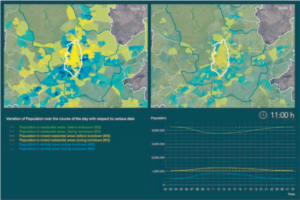This research was carried out and written by Rubén Fernández Pozo, Mark Richard Wilby , Juan José Vinagre Díaz , Ana Belén Rodríguez González from the GB2S-Grupo de Biometría, Bioseñales, Seguridad y Smart Mobility research group.
Abstract
COVID-19 has become a major global issue with large social-economic and health impacts, which led to
important changes in people’s behavior. One of these changes affected the way people use public transport. In
this work we present a data-driven analysis of the impact of COVID-19 on public transport demand in the
Community of Madrid, Spain, using data from ticket validations between February and September 2020. This
period of time covers all stages of pandemic in Spain, including de-escalation phases. We find that ridership has
dramatically decreased by 95% at the pandemic peak, recovering very slowly and reaching only half its prepandemic
levels at the end of September. We analyze results for different transport modes, ticket types, and
groups of users. Our work corroborates that low-income groups are the most reliant on public transportation,
thus observing significantly lower decreases in their ridership during pandemic. This paper also shows different
average daily patterns of public transit demand during each phase of the pandemic in Madrid. All these findings
provide relevant information for transit agencies to design responses to an emergence situation like this
pandemic, contributing to extend the global knowledge about COVID-19 impact on transport comparing results
with other cities worldwide.




